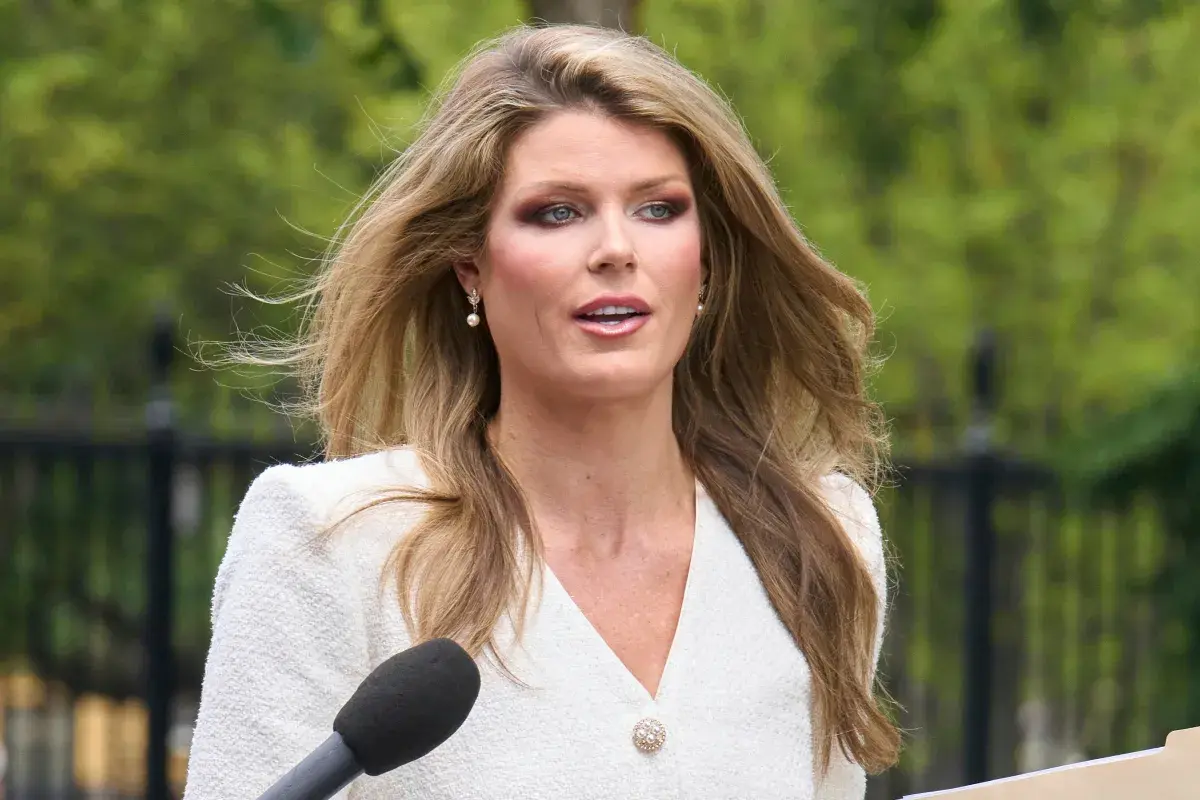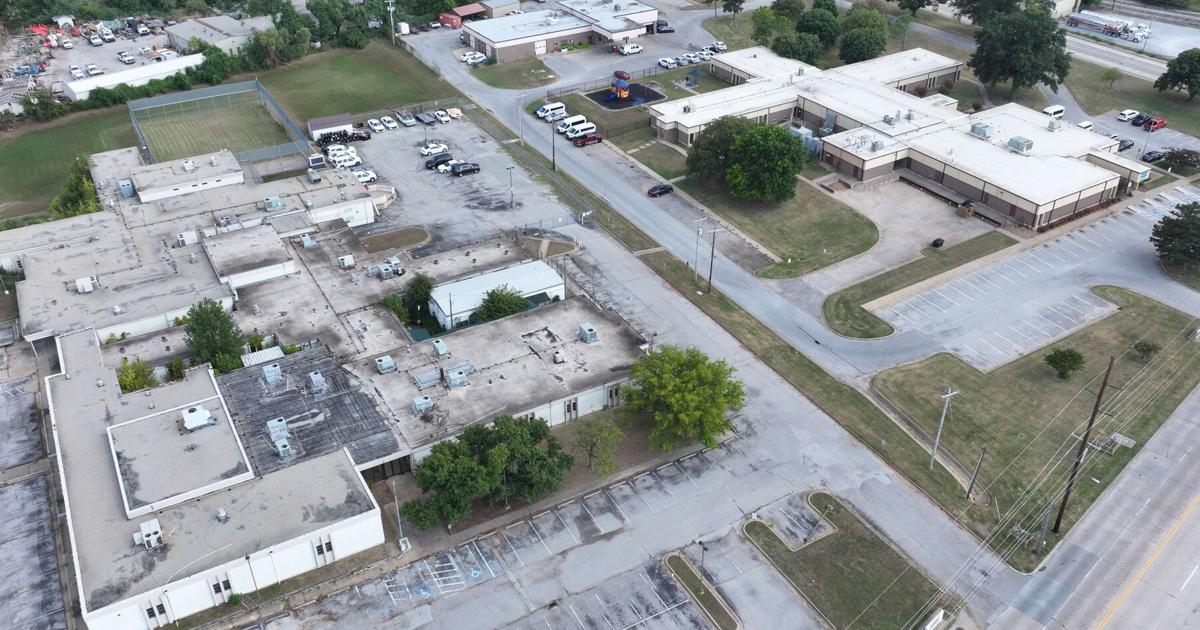Copyright Newsweek

A procedural dispute in the federal prosecution of former FBI Director James Comey has underscored the difficult path facing the government’s lead prosecutor, Lindsey Halligan, a recently appointed U.S. Attorney for the Eastern District of Virginia. Halligan’s latest motion, asking for an expedited ruling on a “filter protocol” to review potentially privileged evidence, was denied Monday by Judge Michael Nachmanoff, who instead granted Comey’s defense additional time to respond. Newsweek contacted attorneys for both sides for comment via email outside of normal office hours on Tuesday. Why It Matters Comey is accused of making false statements to federal investigators in 2018 regarding his handling of internal FBI memoranda that documented private conversations with President Donald Trump. His prosecution strikes at questions of political influence, prosecutorial independence, and the Justice Department’s handling of privileged information. With a newly appointed U.S. attorney linked to Trump facing off against one of the country’s most seasoned defense lawyers, the case underscores how legal process and political perception can collide. What’s decided in a Virginia courtroom could reshape public trust in the neutrality of federal prosecutions and define how far politics can reach into the Justice Department itself. The Charges The obstruction charge centers on allegations that Comey directed subordinates to remove or conceal those memos from FBI systems after his dismissal in May 2017, actions prosecutors claim impeded a lawful investigation into the unauthorized disclosure of classified material. The government’s theory echoes earlier criticism from the Justice Department’s 2019 Inspector General report, which found that Comey retained and shared some of those memos improperly, though that report did not recommend criminal prosecution at the time. Critics, including several former DOJ officials, argue the new charges revive issues already examined and closed years earlier, suggesting political motivation rather than new evidence. The appointment of Lindsey Halligan, who previously worked on Trump’s legal team, has fueled those concerns. Comey’s defense calls the case a “retaliation effort dressed in legal process,” pointing to statements by Trump over several years promising to “get Comey” for perceived disloyalty. Supporters of the prosecution counter that the indictment rests on “fresh evidence” from recently recovered electronic data and is a legitimate effort to hold a former official accountable for obstruction of justice. The Filter Protocol Dispute The case has drawn national attention both for its political implications and for the unusual pairing of counsel: a career prosecutor now defending a onetime FBI director against a newly appointed prosecutor who previously served on Trump’s legal team. On October 13, Halligan filed a motion seeking authorization for a filter protocol, a court-approved process allowing an independent Justice Department “filter” or “taint” team to review seized materials for potentially privileged communications and remove them before trial prosecutors gain access. The proposal would assign a DOJ team from another district to examine device backups and cloud data obtained from an attorney, segregating any privileged content. Halligan’s motion cited the DOJ's 2019 Inspector General report on Comey’s handling of FBI memoranda, which found he “failed to live up to [his] responsibility” to safeguard sensitive information and “set a dangerous example” for FBI employees. Her filing suggested that Comey's attorney, Fitzgerald, might appear in communications from that period, raising possible conflict-of-interest concerns. “Before litigating any issue of conflict or disqualification,” she wrote, “the parties should have access to all relevant and non-privileged information.” The defense objected, arguing the request was premature and based on “provably false” assumptions. In their opposition, Comey’s attorneys said the DOJ “refused to specify what it intends to review” and that the disputed evidence originated from warrants “obtained by prosecutors in a different district more than five years ago in an investigation that closed without criminal charges.” The defense added that the government’s claim linking Fitzgerald to the disclosure of classified material had “no basis in fact or law.” The Court’s Response and Broader Implications On October 19, Halligan filed a follow-up motion asking Judge Michael Nachmanoff for an expedited decision, arguing a quick ruling was “appropriate to avoid potential delay in this case” because the quarantined material “could contain exculpatory or inculpatory evidence” and might “inform a potential conflict and disqualification issue for the current lead defense counsel.” On October 20, Judge Nachmanoff denied the request for expedition, finding the DOJ had “had the materials at issue for several years” and had “failed to seek any guidance” on privilege handling until this month. He gave Comey’s team until October 27 to respond to the original filter-protocol motion. The filings show a clear progression: September 25: Indictment October 13: Filter-protocol motion October 19–20: Expedited-review dispute October 20: Judge denies expedition October 27–30: Defense responses and dismissal motions due For now, the immediate result is a delay. The filter-review motion will proceed under standard timing, and substantive defense motions, which seek dismissal of the indictment and challenge Halligan’s appointment, are expected to follow. The filings collectively highlight a clash of experience and strategy. Fitzgerald, who once led the prosecution of former vice-presidential aide Lewis “Scooter” Libby, has argued that the case is a selective and vindictive prosecution. Halligan, whose tenure as a federal prosecutor is measured in weeks, has faced criticism for her inexperience in complex criminal litigation. Still, supporters note that her appointment was lawful and that the case remains in its pretrial stages. In her filings, Halligan emphasized the government’s shared interest with the court in maintaining the trial schedule and ensuring access to evidence. Whatever their outcomes, the proceedings are set to test both the durability of Comey’s defense and the readiness of a newly appointed prosecutor to manage one of the year’s most politically charged cases. What People Are Saying James Comey’s legal filing: “The record as it currently exists shows a clear causal link between President Trump’s animus and the prosecution of Mr. Comey.” Lindsey Halligan, in a September 25 DOJ press release: “The charges as alleged in this case represent a breach of the public trust at an extraordinary level.” Former special counsel Jack Smith told The Guardian: “This latest prosecution of the former Director of the FBI...just reeks of lack of process.” Senator Amy Klobuchar, a Minnesota Democrat, said on Face the Nation: “This is a vengeance prosecution. It is not about the law.” What Happens Next Over the next two weeks, the Comey case shifts from procedural wrangling to substantive tests that will determine its future. Comey’s defense has until October 27 to respond to the Justice Department’s proposed “filter protocol” for reviewing potentially privileged evidence, followed by broader motions challenging the legality of Halligan’s appointment and alleging political bias in the indictment. Nachmanoff will then decide whether the government can access the disputed materials or whether the case must pause for privilege and conflict-of-interest hearings. Those rulings will shape whether the prosecution moves toward trial or stalls amid continuing questions about politics, process, and prosecutorial independence.



